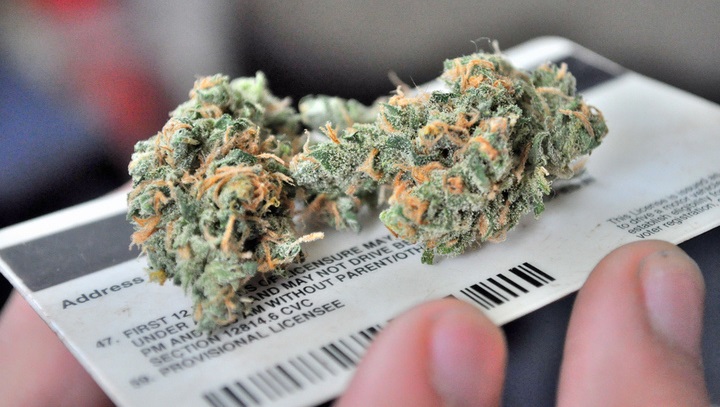Employers would want to reevaluate their policies in anticipation of new laws. This article from The Huffington Post explores what legal cannabis could mean for HR departments.
Legalized marijuana may soon become a nationwide reality—possibly within the next year. Even if it doesn’t, more states could join Alaska, California, Colorado, Maine, Massachusetts, Nevada, Oregon, Washington, and Washington, D.C. in legalizing recreational marijuana.
So in anticipation, let’s explore what the legalization of marijuana could mean for employers, and specifically, for HR departments. There’s a lot to consider.
HR directors will need to examine company substance use policies, potentially reconsidering your company’s stance on drug testing to adapt to new laws. But, not to worry, the legislation won’t turn your office into a smoke-filled music festival; alcohol has been legal since 1933 and you don’t see employees staggering around drunk at work.
However, clear policies can help minimize confusion and provide a path to disciplinary action if someone breaks company rules.
Break Through the Haze
There’s no need to reinvent the wheel when it comes to recreational marijuana workplace policies, since it can be treated in similar ways to alcohol. Employers may choose to ban it completely within workplace walls (except for medical marijuana use) and set rules against working while under the influence.
You will probably need to rewrite your employee handbooks clarify policies, and those handbooks should outline appropriate disciplinary action for employees caught working under the influence of marijuana or alcohol, as well as illicit substances.
Weed Out Misinformation
But just putting your new policies in the handbook may not be enough. Most workplace policies on alcohol use have been around so long they have become common sense. Marijuana users, on the other hand, may not realize they are impaired in the workplace, which could lead to safety concerns—especially in settings where workers use heavy equipment or drive machinery.
When you issue the revised company policy, be ready for lots of questions. “Employees need to understand that even if using marijuana is legal in this state, testing positive at work can impact their job,” says employment attorney Diane Buisman.
Mellow Your Drug Testing Policies?
When it comes to evaluating drug-testing policies, burning issues for HR to consider are how recent marijuana use may impact an employee’s ability to perform his or her job, and what defines “recent.” THC, the active substance in marijuana, can stay in the body as long as 28 days, but that doesn’t necessarily mean there’s any noticeable effect on an employee’s job performance.
Companies with a zero-tolerance policy may want to reconsider or risk losing top talent who enjoy engaging in a legal adult activity on weekends. On the other hand, safety-sensitive organizations may need to maintain strict policies. Legalization puts the burden on employers to determine what’s permissible in different work settings and then enforce those policies.
Medical Marijuana and Employee Rights: Easy to Swallow
In the same way employers can’t prevent workers from taking prescription medications, they won’t be able to ban medical marijuana during working hours in states where it is legal. However, it may not be acceptable for an employee to light up at his or her desk regardless of the reason. Smoking is still smoking, and the same bylaws still apply.
Alternate solutions: Edibles, or—if that’s not acceptable—a designated smoking area outside and away from the building, in accordance with your state’s workplace smoking laws. It’s up to employers and employees to work together to find a viable solution.
As with any medical condition, communication is a key. Depending on the employee’s job duties, temporary re-assignment may be necessary while he or she is in treatment, if marijuana use on the job could affect their job performance, safety, or the safety of others.
Decide How Your Company Will Roll
It’s no secret that many responsible adults indulge in marijuana, legal or not, on their own time. Quest Diagnostics, a lab that completes drug testing for organizations, advises that positive test results may increase in states where marijuana is legalized, as they did in Colorado, where they went up by 11 percent after legalization. Your company policies should be based on a realistic view of the effects of marijuana use, the duties your employees are required to perform, the safety-sensitivity of your organization, and your company culture.
Take time now—before legalization—to think this through and reevaluate your policies in anticipation of new laws. When (and if) legislation passes, make clear communication your first objective. Be ready with answers to employee questions, and be prepared to enforce the new rules. As long as your policies are fair and well thought-out, most employees should be willing to adopt them easily as “the new normal.”
Photo Credit: strawberry:* Flickr via Compfight cc
Source: Joint Challenges: HR And Legalized Marijuana | HuffPost

